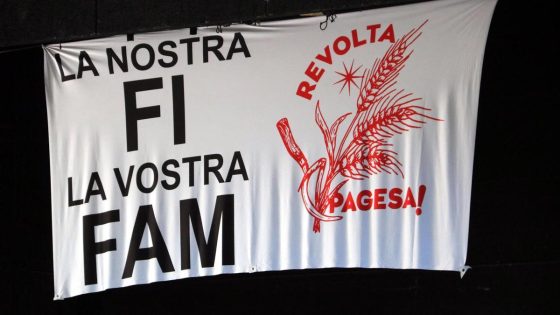On February 17, 2025, U.S. Vice President JD Vance delivered a speech in Berlin that has raised significant concerns among European leaders regarding the future of transatlantic relations. Vance’s remarks suggested a need for Europe to be more inclusive of far-right political parties, a statement that has sparked controversy and division across the continent.
- Vance warns Europe about far-right influences
- European leaders divided on Trump's impact
- German chancellor criticizes Vance's inclusivity stance
- JD Vance meets with German far-right leader
- Europe considers changes in U.S. relations
The backdrop of Vance’s speech includes rising populism and far-right movements across Europe, which have gained traction in recent years. His assertion that Europe should embrace these groups is seen by many as an endorsement of divisive politics at a time when unity is crucial for addressing global challenges such as climate change and security threats.
Key reactions include:
- German Chancellor Olaf Scholz criticized Vance’s call, emphasizing the importance of democratic values over political inclusion of extremist views.
- European leaders expressed concern about the implications of aligning with far-right factions, fearing it could undermine established democratic norms.
- The debate highlights a broader rift within Europe on how to respond to emerging political Trends influenced by U.S. policy shifts under the current administration.
This situation underscores a pivotal moment for U.S.-European relations. As both sides grapple with the implications of Vance’s statements, discussions are expected to intensify regarding cooperation on various international issues amid differing political ideologies.
The discourse surrounding Vance’s speech reveals deep-seated divisions among European nations on how best to address the rise of far-right politics while maintaining democratic integrity. The outcome of this dialogue could significantly shape future interactions between the U.S. and Europe.






























